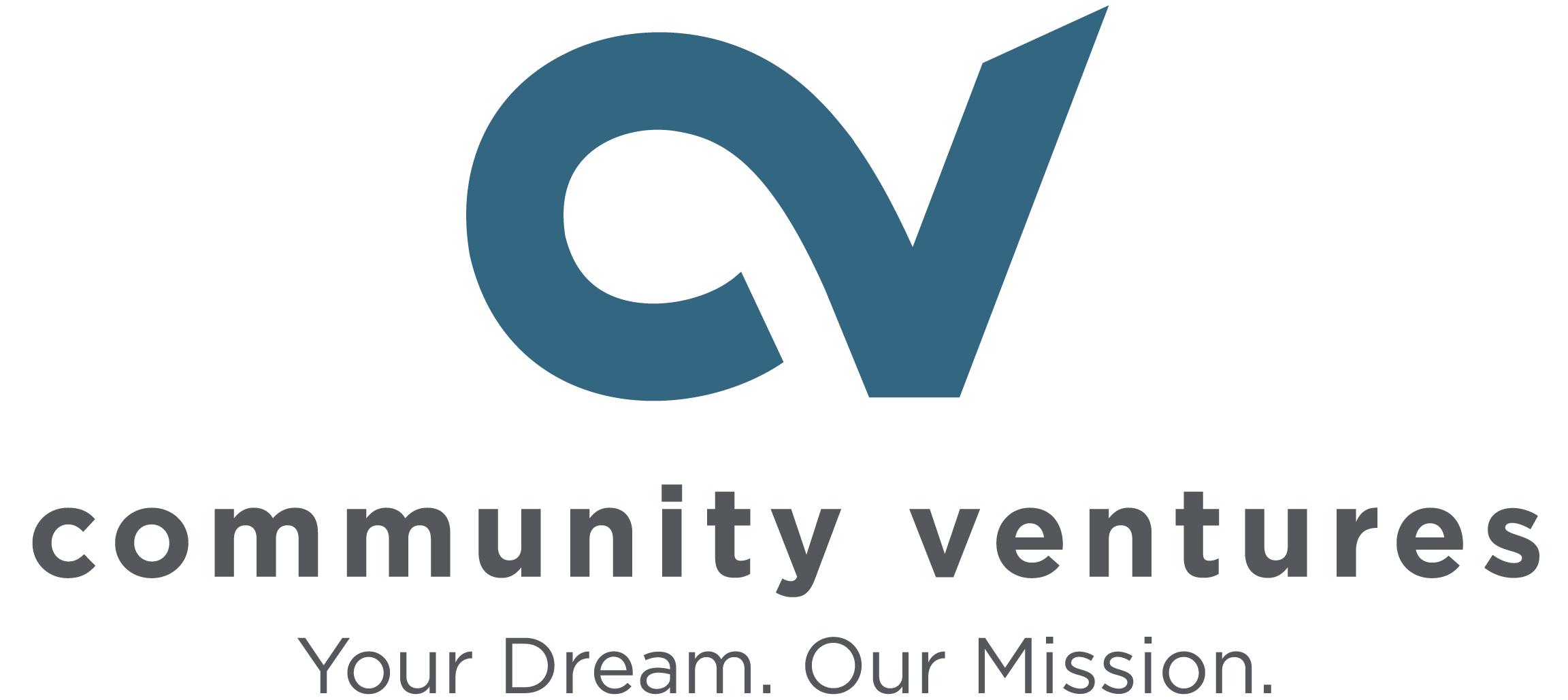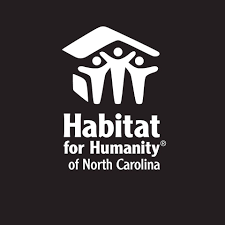Community Ventures and the North Carolina Habitat for Humanity are teaming up to provide homebuyer education and homeownership counseling to new homeowners in North Carolina. With the help of the North Carolina Housing Finance Agency (NCHFA), the two non-profit organizations are using their complementary resources to build more homes and educate more people about homeownership.
Community Ventures is a Kentucky non-profit focused on community development, which includes promoting the value of homeownership to its clients. “The relationship with Habitat started somewhat unexpectedly. A recent HUD rule was changed to mandate that any agency in the country using federal dollars for housing initiatives had to provide HUD-approved counseling. This guidance created a challenge for many of the smaller local Habitat organizations because they are often operated by volunteers and limited staff. It was not feasible for many of them to dedicate staff to becoming HUD-certified because of what is required to obtain this certification,” says Brenda Weaver, President of Housing at Community Ventures.
What was a challenge for these local agencies was also an opportunity in disguise for Community Ventures. In 2019, Community Ventures created the Virtual Counseling Center, providing HUD-certified counseling to clients who complete the Homebuyer Education course developed by eHome America, another Community Ventures enterprise. “We were already working with the NCHFA to provide the Homebuyer Education course to them. When the rule changed to require this specific counseling, they realized their best option was to partner with someone who could meet the counseling requirement,” Weaver adds.
Because CV’s VCC operates virtually, their HUD-certified counselors are able to provide housing counseling to anyone in the country. The VCC now partners with the NC Habitat organization in North Carolina, who then makes the counseling resources available to all 80+ of their local North Carolina affiliates. As a result, before an individual or family gets a new Habitat home, they take eHome America’s online Homebuyer Education course. Once they complete the course, they get one-on-one HUD-certified counseling, customized to meet the NCHFA’s counseling guidelines as well. Through this partnership, the local agencies meet the requirements of the new HUD rule with the help of Community Ventures, the NC Habitat for Humanity office, and the NCHFA.
In just a few months in 2020 and despite the pandemic, this partnership helped to provide new homes and counseling to fifteen new homebuyers in North Carolina. Weaver is optimistic that these numbers will only continue to grow. “Habitat, like many others, struggled during the pandemic with decreased volunteers, a lack of resources, a new virtual landscape that made in-person construction projects difficult to organize, coupled with skyrocketing costs for construction materials. But difficult times bring innovative and creative solutions to these challenges. We were already operating a virtual counseling center before the pandemic. So we could say ‘let us partner with you and bring a solution to the entire state.’ And it’s a replicable model available to other Habitat organizations or any other housing agencies who might be struggling to develop all the resources needed to serve clients.”
NCHFA covers the cost of the counseling, so the NC Habitat office receives a small fee for referring their clients to the Homebuyer Education Course, and CV’s VCC receives a fee for providing the follow-up HUD-certified counseling. “It’s a win-win for everyone involved. Clients get HUD-certified counseling quickly… they get served promptly after completing the course. They can take the course at their own pace, on their phone or tablet, and then the one-on-one counseling begins,” says Weaver.
“We’d love to be able to take this model and replicate it in other places,” says Weaver. Coming out of the pandemic we hope to visit other state conferences and talk about this model to engage other Habitat organizations. They have a need we can fill, and we can do it anywhere in the country, quite efficiently and expeditiously.”
For more information about this effort, contact Lew Whalen by email at lwhalen@cvky.org.
| Photo | Title |


